Italian Radical Design acquires Memphis Milano

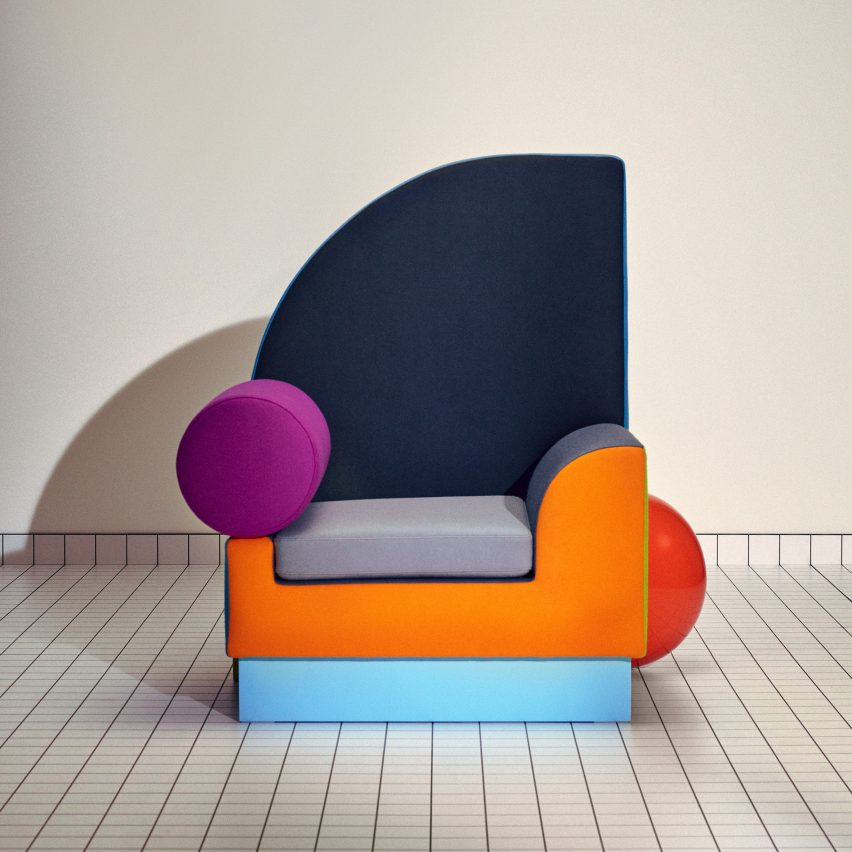
The iconic Memphis Milano company, founded by designer Ettore Sottsass, has been bought by Italian Radical Design, which also owns furniture company Gufram.
Memphis Milano, which was founded in Italy in 1980 and is also known as Memphis Group, was purchased by Italian Radical Design in an acquisition that is intended to "preserve and enhance" the design brand.
"Italian Radical Design was born with the objective of preserving and enhancing Italian design brands that are characterised by an unconventional approach," said Italian Radical Design.
"The recent acquisition allows Italian Radical Design to access Memphis Milano’s precious cultural heritage and historical archive with the objective of strengthening its stylistic identity, while making it more contemporary," the brand continued.
Italian Radical Design also owns Italian manufacturer Gufram, which it acquired in 2012.
Memphis Milano exhibition to be held in 2022
While Memphis Milano will now be under the direction of Italian Radical Design founders Sandra and Charley Vezza, it will continue with its current organisational structure.
Italian Radical Design also revealed there will be a large Memphis Milano exhibition this year that will "showcase all its creations."
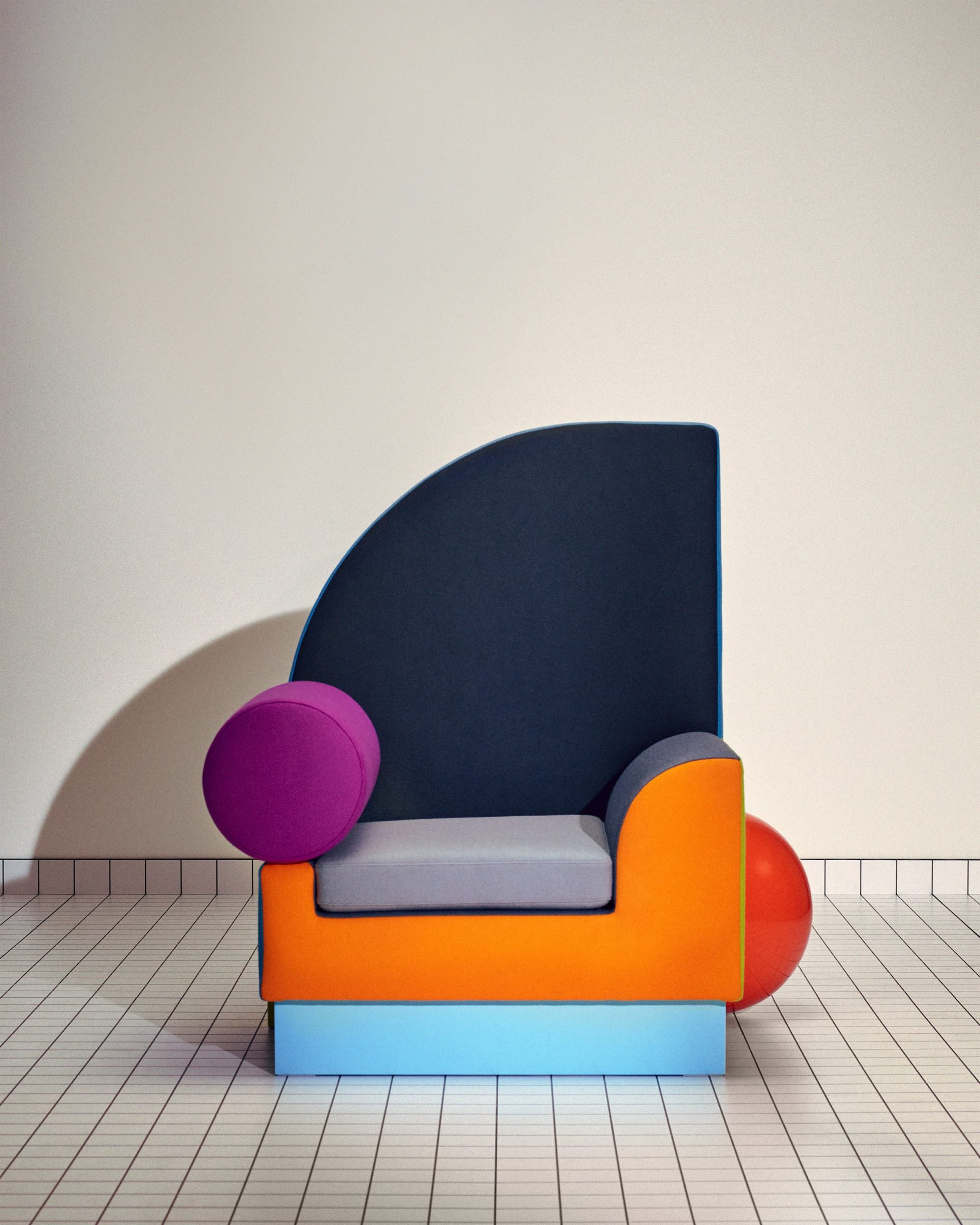 Top: Memphis Milano's furniture has been acquired by Italian Radical Design Above: Memphis Group member Peter Shire's Bel Air armchair
Top: Memphis Milano's furniture has been acquired by Italian Radical Design Above: Memphis Group member Peter Shire's Bel Air armchair
The company decided to acquire Memphis Milano to expand its brand.
"After 10 wonderful years with Gufram we have decided to expand to new worlds, dedicating our time to a project that has the objective of revitalising historic Italian design brands that are united by an unconventional, radical and non-conformist vision," said Italian Radical Design CEO Charley Vezza.
"The acquisitions for us are not only guided by reason, but also from the heart: we like being captured by the stories, the projects, the people," he added.
Details of acquisition not revealed
No financial details of Italian Radical Design's procurement of Memphis Milano have been disclosed.
Memphis Group was a design collective founded by Sottsass that produced distinctive designs between 1981 and 1988. The Memphis movement is typified by clashing colours, unexpected formal arrangements and colourful plastic materials.
[ 
Read:
Kaoi studio designs modular Ebba chairs based on Ettore Sottsass' Memphis movement
](https://www.dezeen.com/2020/05/10/kaoi-modular-ebba-chair-memphis-group-design/)
Projects designed by the Memphis Group between 1981 and 1988 including geometric tables and Peter Shire's Bel Air armchair are still manufactured by Memphis Milano.
Although the Memphis Group only existed in its original form until 1988, its influence can still be seen in the work of contemporary designers today, as in the boldly patterned home accessories collection by British artist Camille Walala and a modular chair collection by Thai design studio Kaoi.
The photography is by courtesy of Italian Radical Design.
The post Italian Radical Design acquires Memphis Milano appeared first on Dezeen.
#all #design #news #italy #ettoresottsass #businessnews #gufram
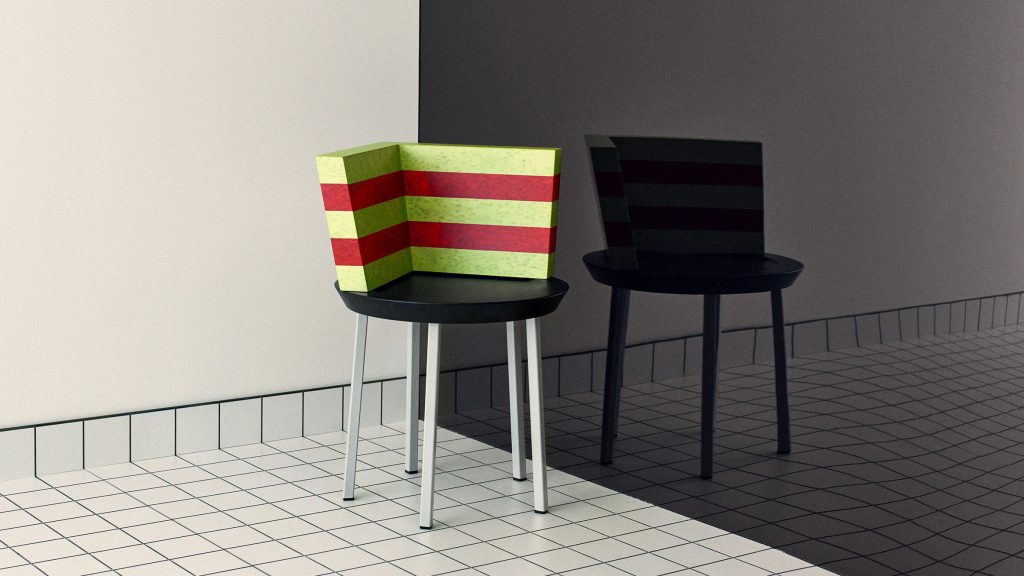
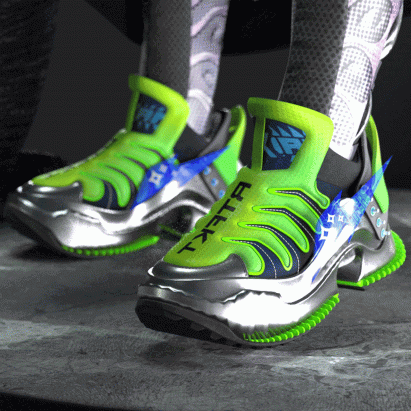
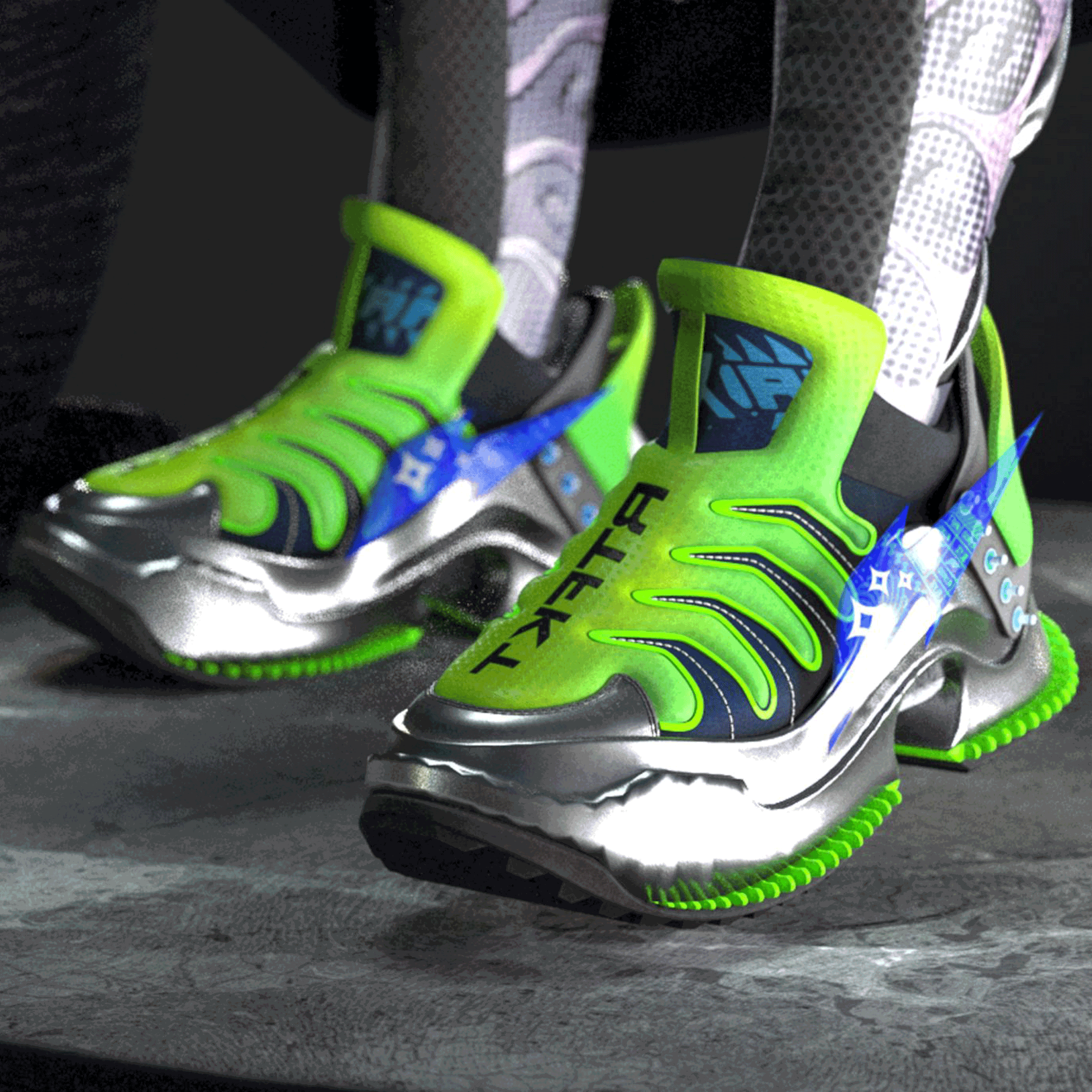
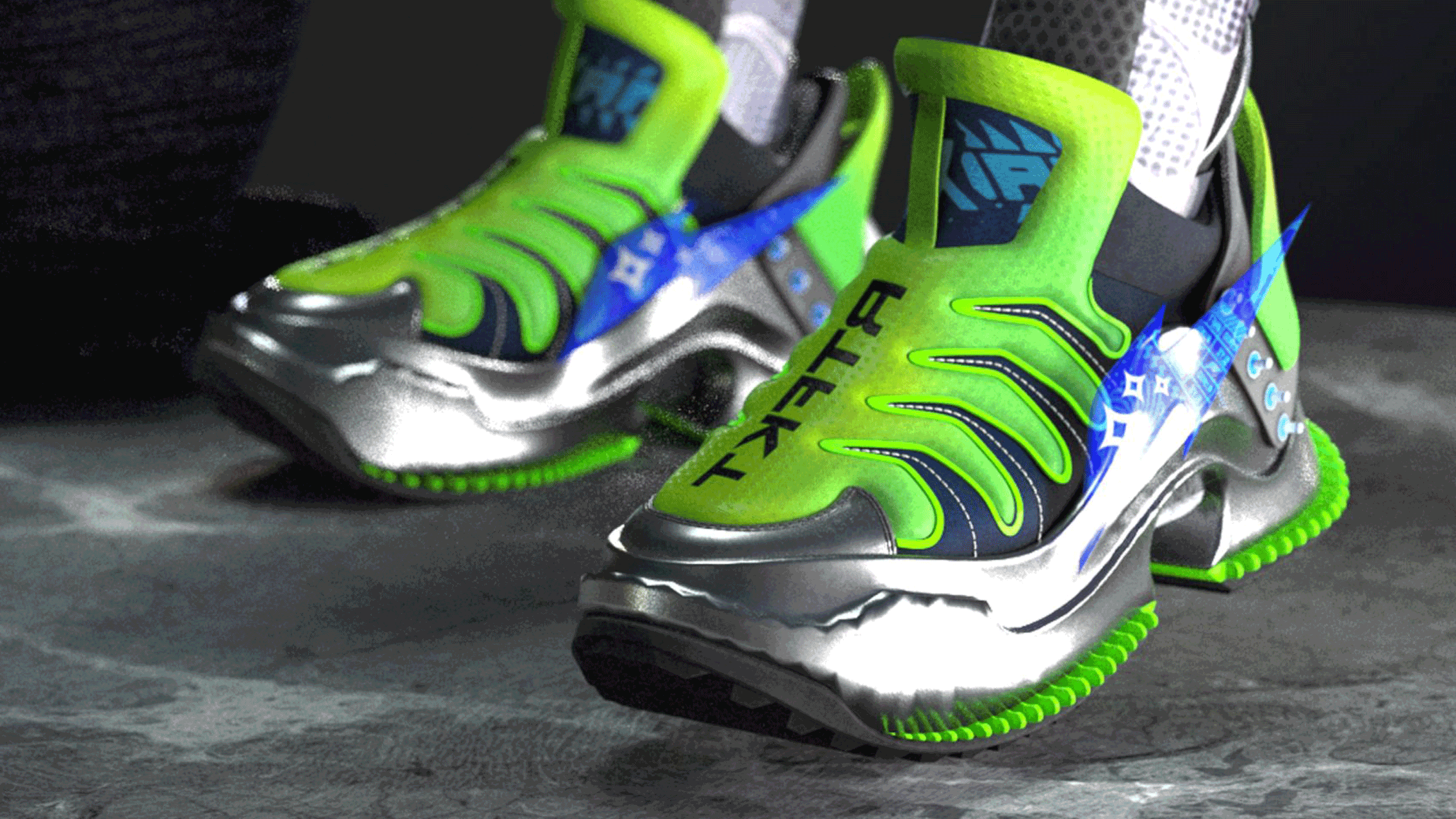 Top image: RTFKT joins Jordan and Converse in Nike's stable of brands. Above: virtual trainers created with The Fabricant
Top image: RTFKT joins Jordan and Converse in Nike's stable of brands. Above: virtual trainers created with The Fabricant

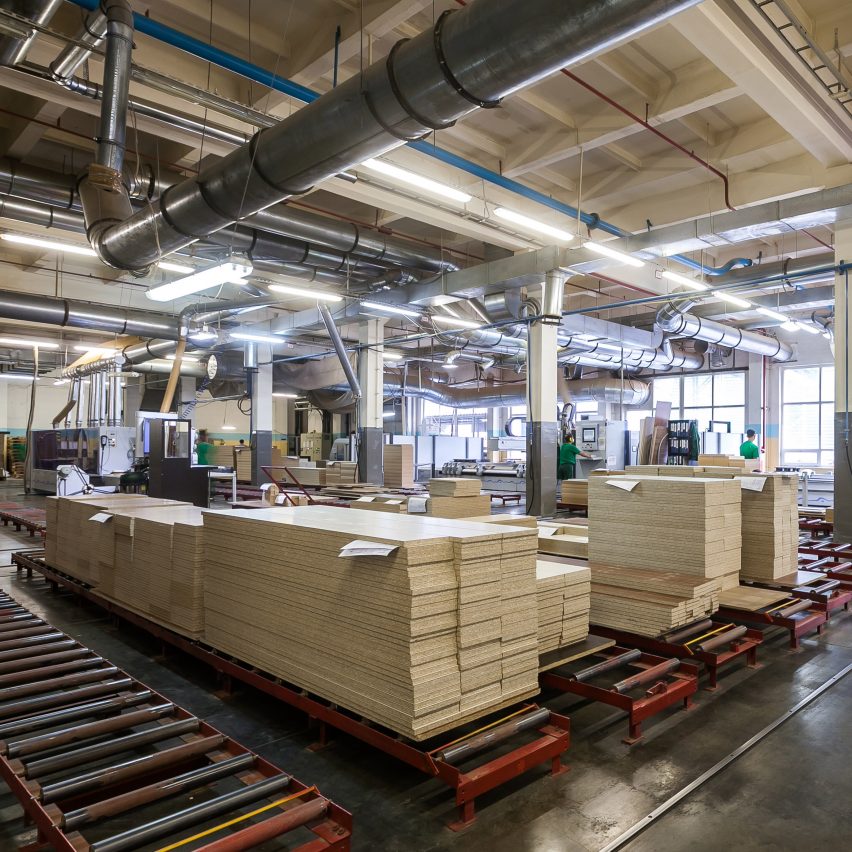


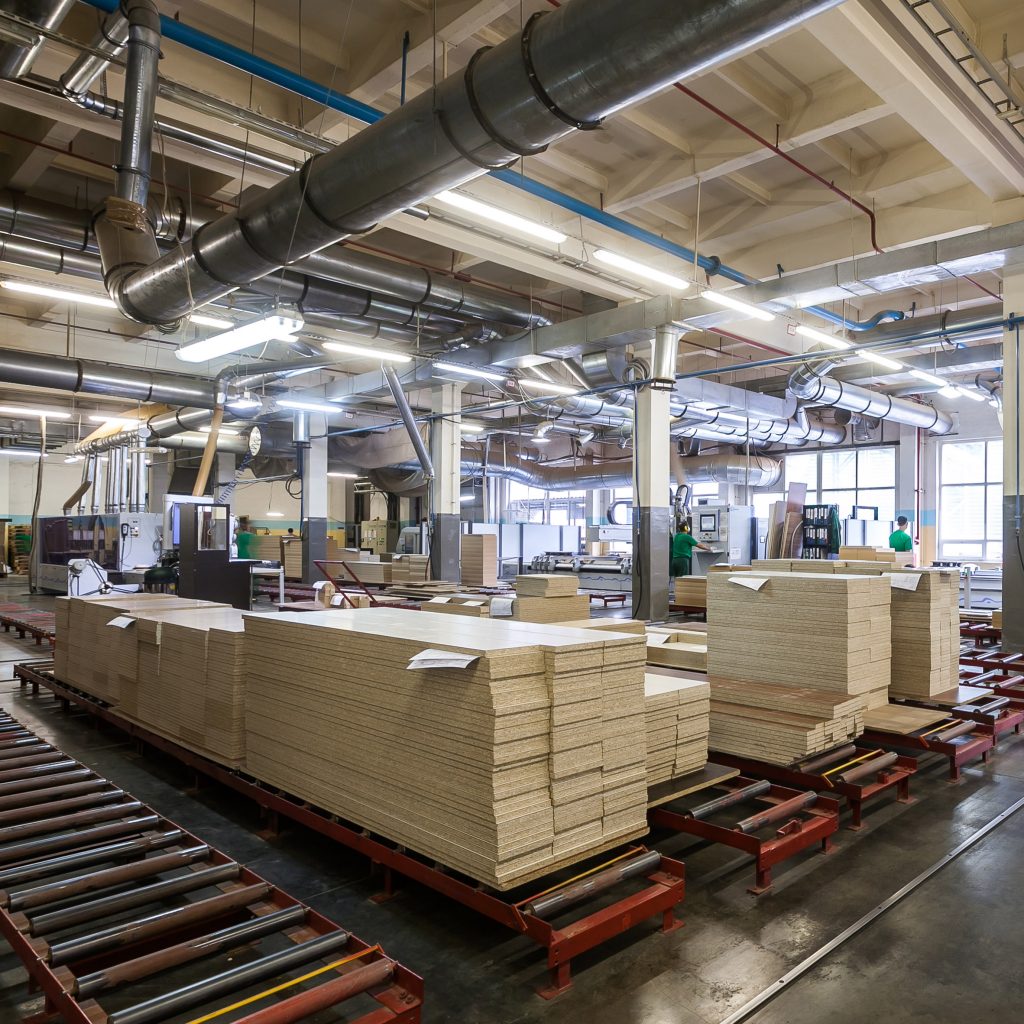
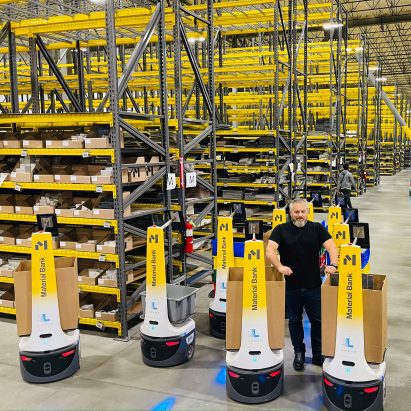
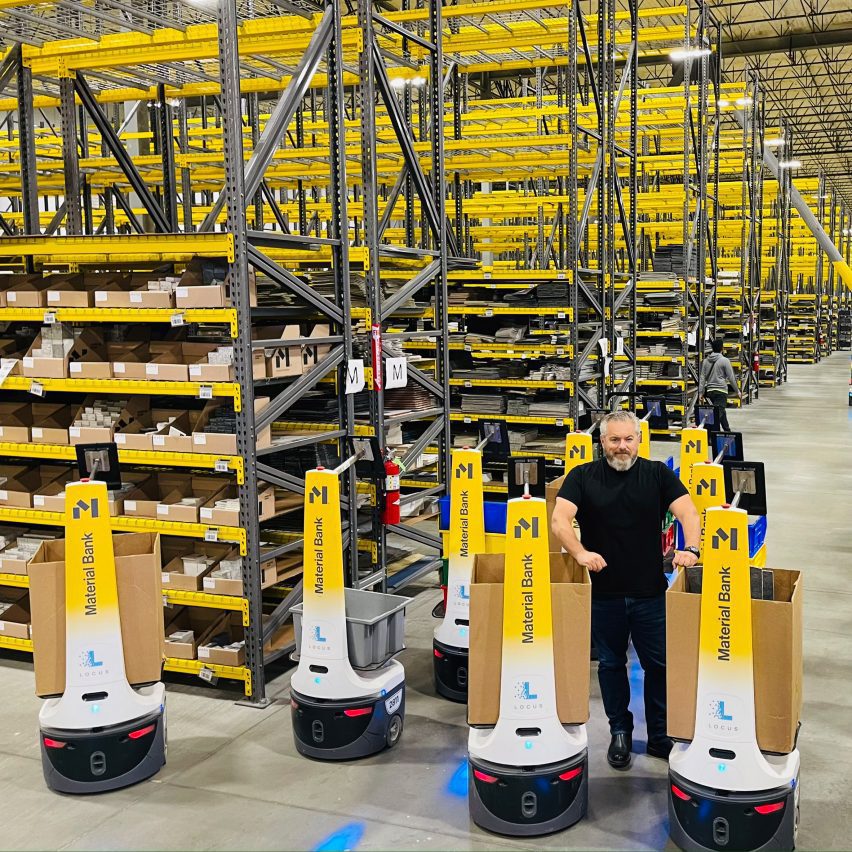
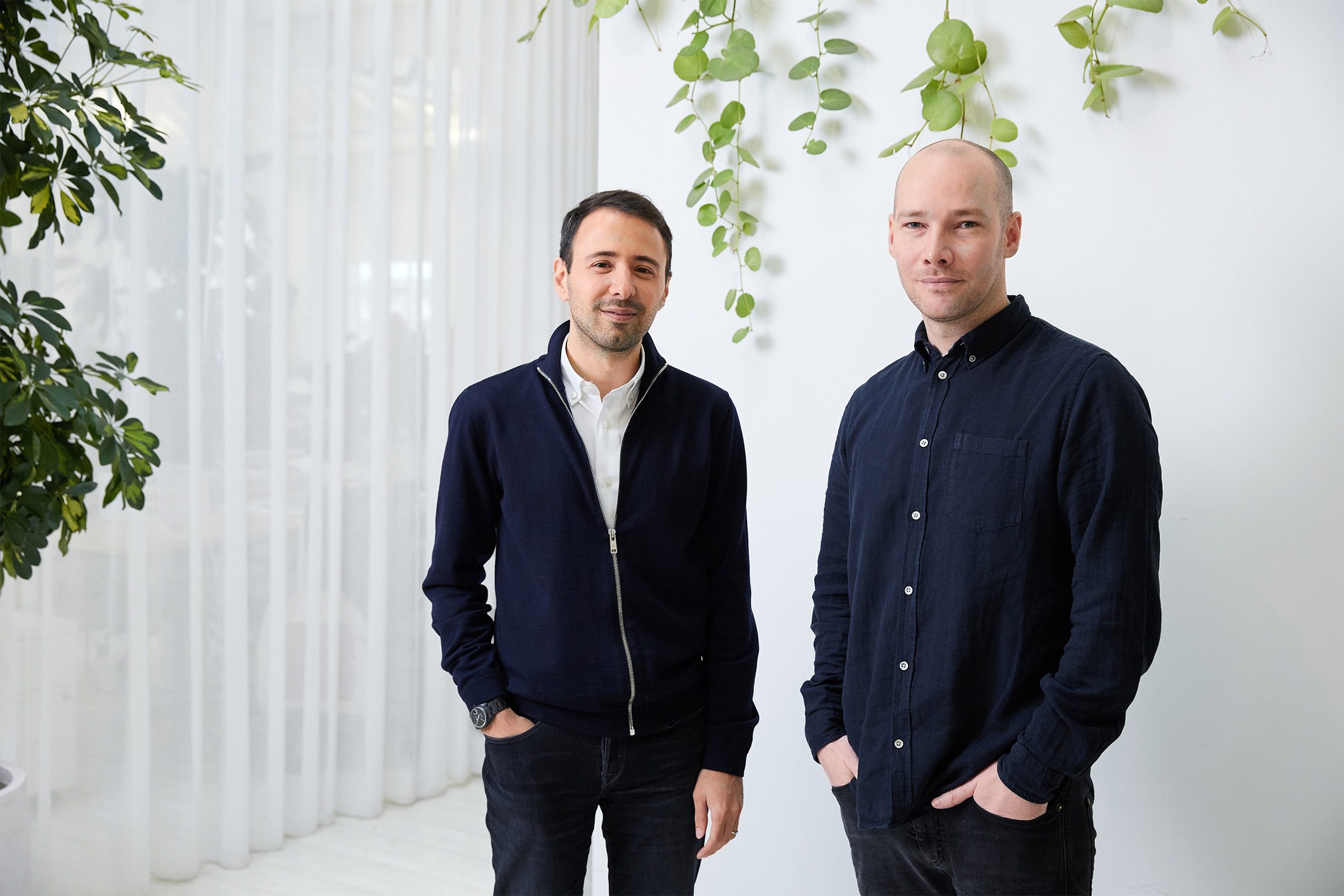 Above: Clippings founders Adel Zakout and Tom Mallory. Top image: Adam Sandow in Material Bank's robot-controlled warehouse
Above: Clippings founders Adel Zakout and Tom Mallory. Top image: Adam Sandow in Material Bank's robot-controlled warehouse